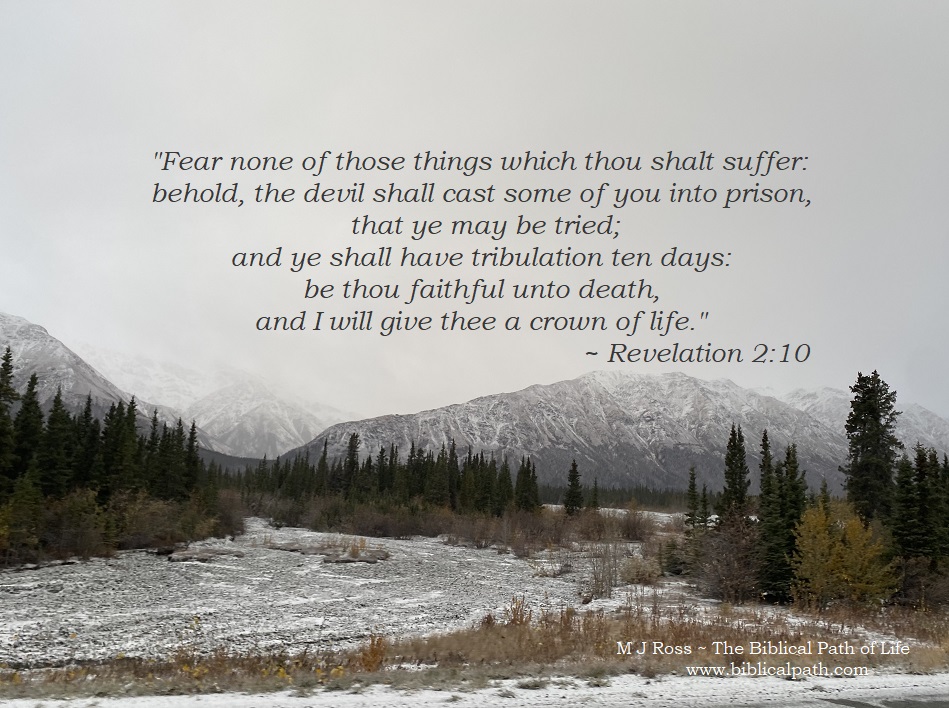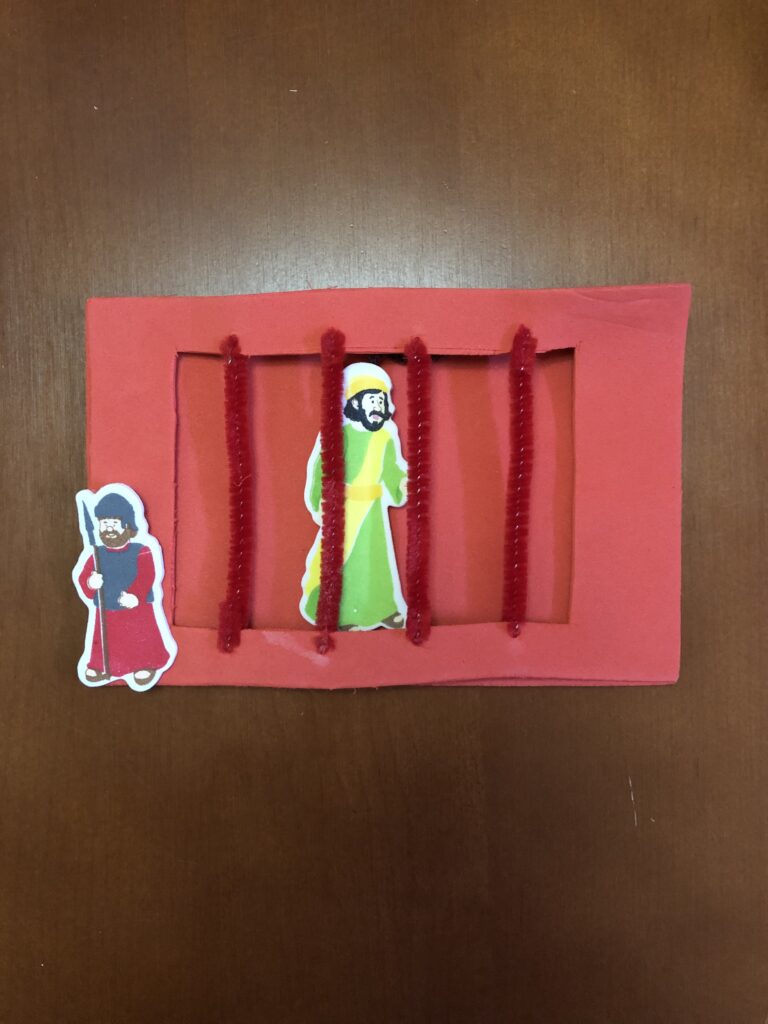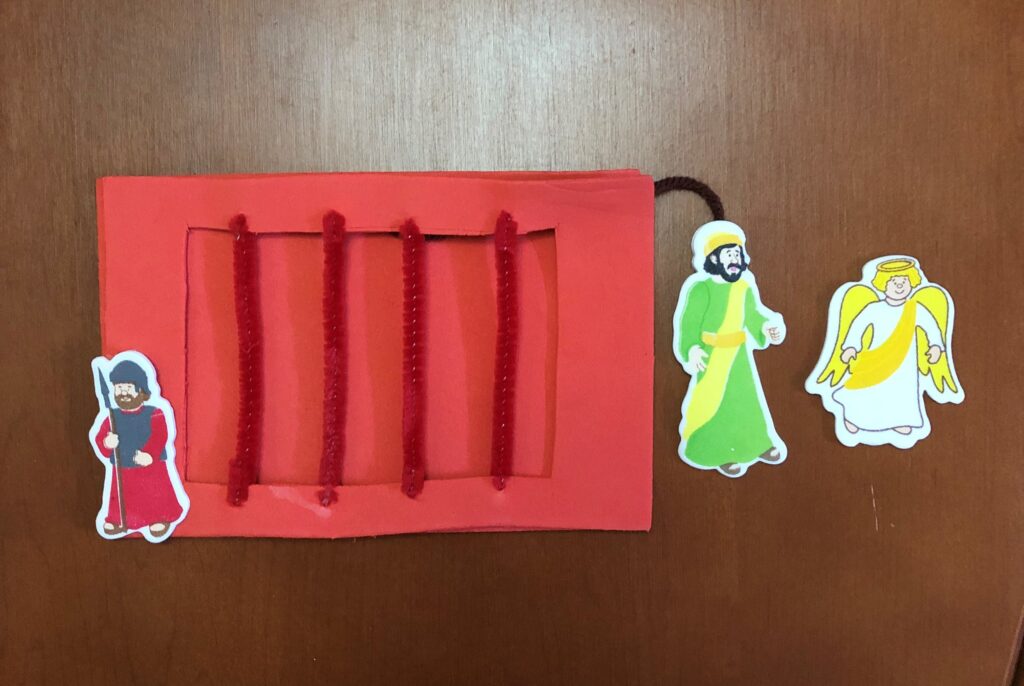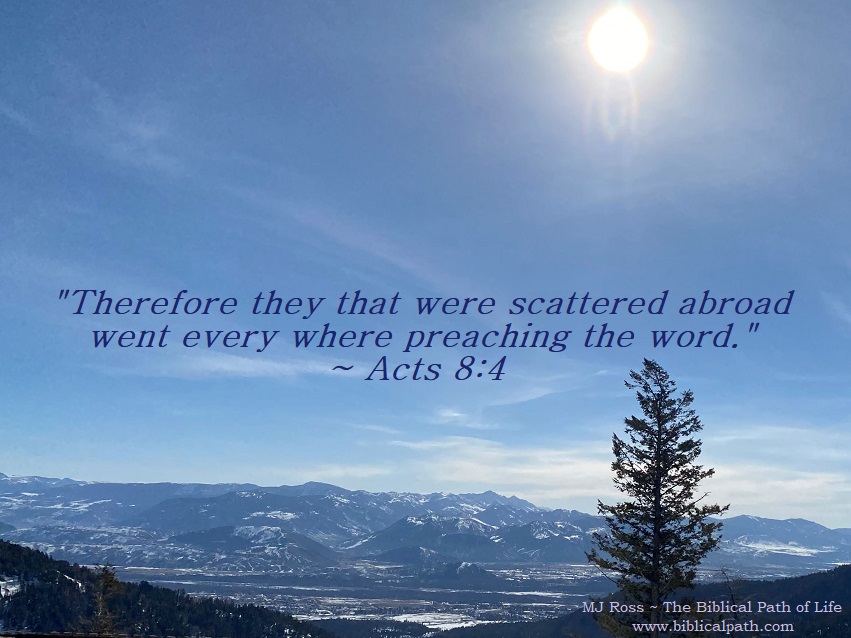
Key Verse
Fear none of those things which thou shalt suffer: behold, the devil shall cast some of you into prison, that ye may be tried; and ye shall have tribulation ten days: be thou faithful unto death, and I will give thee a crown of life.
—Revelation 2:10
Key Verse Thought: Read today’s Key Verse. As you read this verse, begin to understand the importance of standing fast in the Christian faith – even if persecution comes. In this lesson, we will learn of one who was killed for his faith and one who was imprisoned for his, yet both men remained faithful.
Emphasis: As you look at this lesson, recognize the significance of spreading the Gospel message, and the importance of ministering to new Christians as they grow in the Lord. Christians are to understand that being a faithful witness may leave us open for persecution – but we are to remember to be faithful, just like James and Peter.
Lesson Summary: We have learned that church was being persecuted, which was causing the Gospel message to be scattered into the areas around (including Samaria). Nevertheless, as we learned in our last lesson, even while there was persecution, Peter continued to do what God asked him to do. He learned that anyone could be saved – Jew or Gentile. He witnessed the Roman centurion, Cornelius, his household, and many of his friends become Believers. Peter then reported back to the Believers in Jerusalem that God could save anyone.
In this lesson, we find that the church continued to grow – in spite of persecution. So much so, that Barnabas was called from Jerusalem and was sent out to minister to the numerous Believers. When he saw the many blessings of God, he encouraged the people to adhere to the teachings of Jesus, growing closer to Him, and to continue telling others about Jesus. Barnabas then went to Tarsus, found Saul, and brought him back to help in the ministry, “… And the disciples were called Christians first in Antioch” (Acts 11:26). Then they began to minister to those in need.
After this, the persecution intensified. Herod took James, the brother of John, and killed him for his faith. Then because it pleased the religious leaders, Herod put Peter in prison. We will learn in this lesson what happened when the church met together and prayed for Peter.
Herod was an enemy of God and the Christians. In this lesson, we will see an instance when God allowed His people to see their enemy destroyed.
Y3Q2 – Lesson 7 Questions
Y3Q2 – Lesson 7 Children’s Worksheets
If you are teaching this lesson to children, the following is a craft idea to help them remember this lesson.


We made a jail from foam and pipe cleaners. We added stickers of a soldier gurading the jail, and yarn attached to allow Peter to escape from the jail.
The Biblical Path of Life – Year Thee, Quarter Two is available through Amazon.

